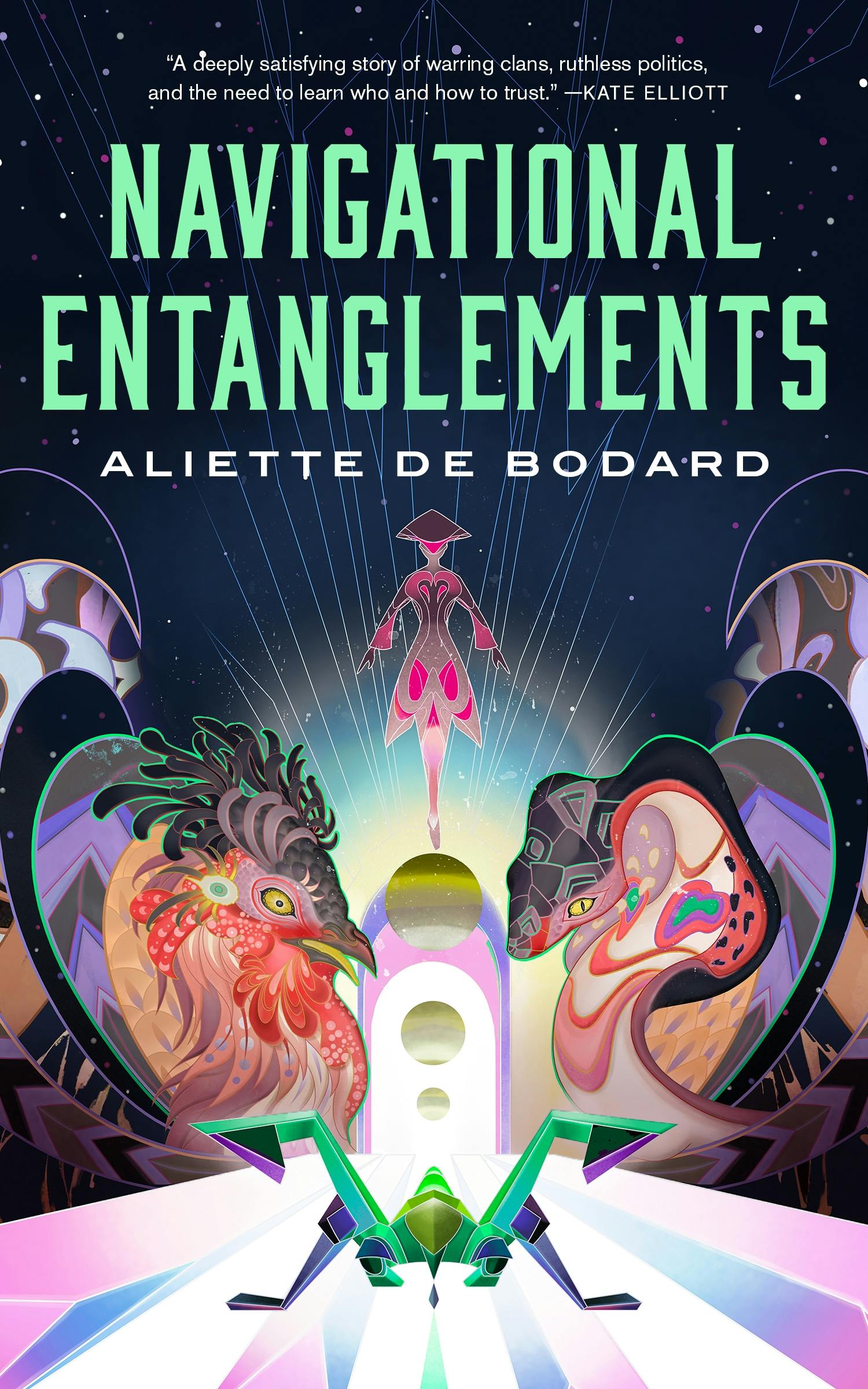
Written by Stephen Hong Sohn
Edited by Lizzy Sobiesk
While the passage focuses on two major characters, there are also two minor ones that bear referencing. They are fellow junior clan members, Bảo Duy and Lành. Bảo Duy is a scientist, who has run significant experiments, which provide the team important knowledge about tanglers and how they operate. Lành survived an assault by a tangler and has intimate knowledge about tangler subjectivity. At this point, I will provide my requisite spoiler warnings, so turn away unless you want more information about the plot. So, this short novel is a slow burn. The first half is really about setting up the fictional world, which is actually quite complicated given clan rivalries and the general governance structure. The second half is a real barn burner: you begin to realize that the politics has resulted in serious corruption within the existing structure and the juniors have to make a break with the leaders in their clans in order to address a major form of damage that might be wrought upon some rivals (many of whom are innocent civilians). While the love story truly anchors this novel’s concluding arc, de Bodard masterfully weaves in an action science fictional component that is the best in the space opera. You could see this type of work being the basis of a compelling visual adaptation. I thought the conclusion also was wonderfully posthumanist in its conception of a creature like the tanglers, who aren’t just some malevolent beings (though they do have destructive power that they can wield). This one was definitely a highlight read for me, and given its length, I will certainly consider teaching it in the future! My last comment is really about the name stylization. De Bodard is French American with a mixed Vietnamese background. Apparently, according to online sources, her first language is French, though she writes in English. Clearly, de Bodard is embedding Vietnamese cultural elements in the naming, though the text itself seems far from anything Asian-inspired so to speak, so I did wonder about this particular stylization. I have no answers, though I would expect that, were this type of narrative adapted, that the roles would ideally go to those of Southeast Asian/American backgrounds =).
Buy the Book Here